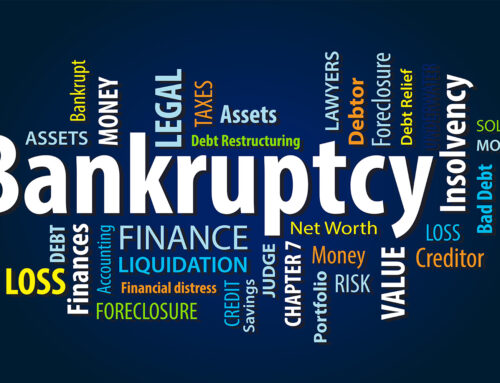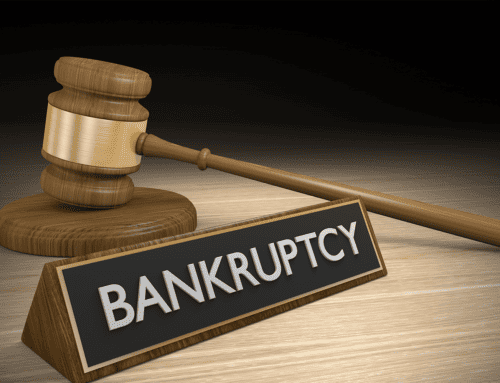Brent George Law understands that taxes can be confusing and intimidating, especially after you file bankruptcy. If you have had to file bankruptcy due to mounting debt, you may be wondering about the impact it will have on your taxes. Whether or not your bankruptcy will impact your taxes will largely depend on your personal financial situation, and you will more than likely need to contact a qualified bankruptcy attorney to help you understand your rights and obligations. Read the following article to learn more about bankruptcy and taxes.
Chapter 7 Bankruptcy vs. Chapter 13
In the overwhelming majority of cases, debtors will still be responsible for paying off tax-related debts after declaring bankruptcy. This is the case most of the time, but under certain circumstances, you may be allowed to discharge your tax debt, especially if you filed Chapter 7 bankruptcy. Chapter 7 allows for the complete discharge of specific types of debts such as medical bills, credit cards, personal loans, and in some cases, federal tax debt. You will more than likely not be able to discharge tax debt under Chapter 13 bankruptcy since you will simply be required to agree to a repayment plan.
Legal Requirements
In order to have your tax debt discharged, you must meet certain conditions. You can only discharge your tax debt if you filed Chapter 7 and:
- Want to discharge federal income taxes
- Did not knowingly commit tax evasion
- Your tax liability is three years of age or older
- You did not commit tax fraud
- You filed a tax return at least two years before your bankruptcy
- The IRS assessed your tax debt at least 240 days prior to bankruptcy
If you meet these conditions, you may be able to discharge your tax debt. It is important to note, however, that payroll taxes and penalties stemming from nonpayment cannot be discharged. After you are judged to have met these conditions, your wages can no longer be garnished.
Tax Debt That is Ineligible for Discharge
Of course, you can’t discharge all types of tax debt, even after filing Chapter 7. The following types of tax debt are not eligible for discharge.
- Withholding taxes from employment
- Debt from unfiled tax returns
- Tax penalties
- Trust fund taxes
These types of taxes must be repaid regardless of your financial situation. If you need help understanding this, you should contact a bankruptcy attorney.
Understand Your Options
If you are not able to discharge your tax debt, a bankruptcy attorney may be able to help you make other arrangements. The IRS will sometimes accept payment in installments or agree to settle for a smaller amount. Contact Brent George Law to hear about your options.






